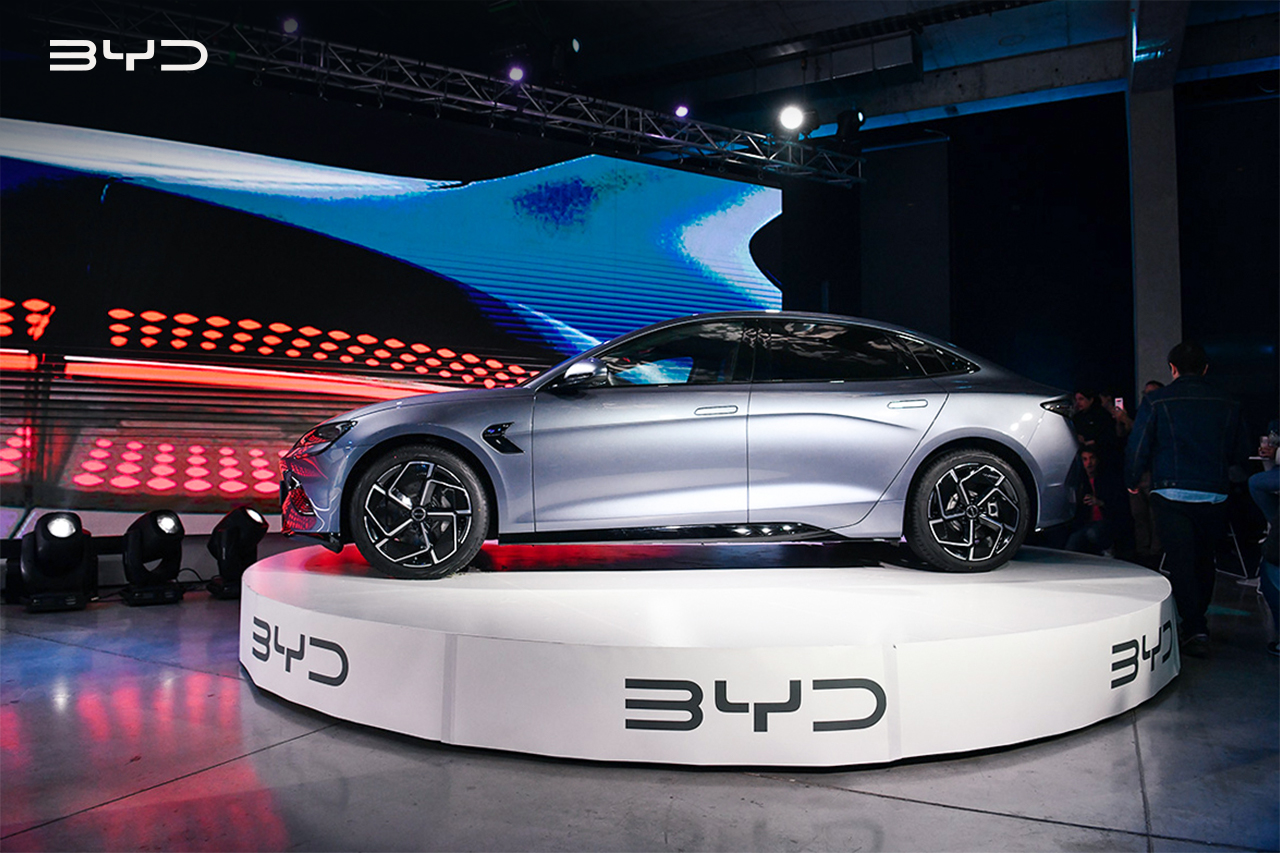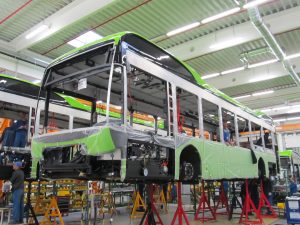
Last month, Prime Minister Viktor Orbán met BYD CEO Wang Chuanfu during a visit to the company.Continue reading
The transport authority of the Belgian company of De Lijn has approved the purchase of 92 12-meter pure electric buses, that will be supplied by BYD from its factory in Komárom (northern Hungary), Magyar Busz Info reports.
The EUR 43 million purchase could mean an even bigger deal in the long term, as the Belgian company has also signed a framework supply contract for up to 500 buses with the Chinese giant, as part of a previous tender win, and the 92 buses are now part of that deal.
The electric buses produced in the country are expected to be delivered in early 2025, and will presumably be part of the outgoing generation of the BYD eBus model range. De Lijn is said to have chosen the Chinese company not only because of the favorable purchase price, but also because of the short delivery deadline.
The visual plans also show that the buses will be equipped with charging facilities for phones, requiring only a suitable USB cable, but the two-door buses will also have extra-wide passenger information screens and a wheelchair ramp with an electric power supply at the second door.
Both exterior and interior lighting will be provided by LED lights, while cameras will replace exterior mirrors to assist drivers. Passenger seats will be upholstered in recycled leather.

BYD bus factory in Komárom. Photo: Facebook/Magyarbusz [Info]
Lydia Peeters, the Flemish Minister of Mobility and Public Works, welcomed the ordering of environmentally friendly vehicles without local emissions from a climate protection point of view. However, the announcement was not a resounding success in the Flemish Parliament and among local trade unions, who have already been vocal in their support for the interests of Belgian bus manufacturers, especially Van Hool.
Critics of the decision argue that the management of De Lijn, operating with public money, should take more account of the interests of the country’s employers, as a drying-up of public orders could lead to job cuts and a reduction in tax revenues.
The frustrated reaction is no doubt due to the fact that Van Hool has been running at a loss since 2019, and is facing overcapacity, and last week, around 65% of its 2,300 employees were economically unemployed.
De Lijn has set a target of a full electric switchover by 2035, so it has put out a tender for a total of 350 electric buses in 2021, that Van Hool and VDL won on a shared basis.
Of these, the company has so far called for 36 and 24 buses respectively. Moreover, last January, Iveco Bus signed a framework agreement with the company for 500 new electric buses, of which 109 have been ordered so far.
Via Magyar Busz Info, Featured image: Facebook/De Lijn